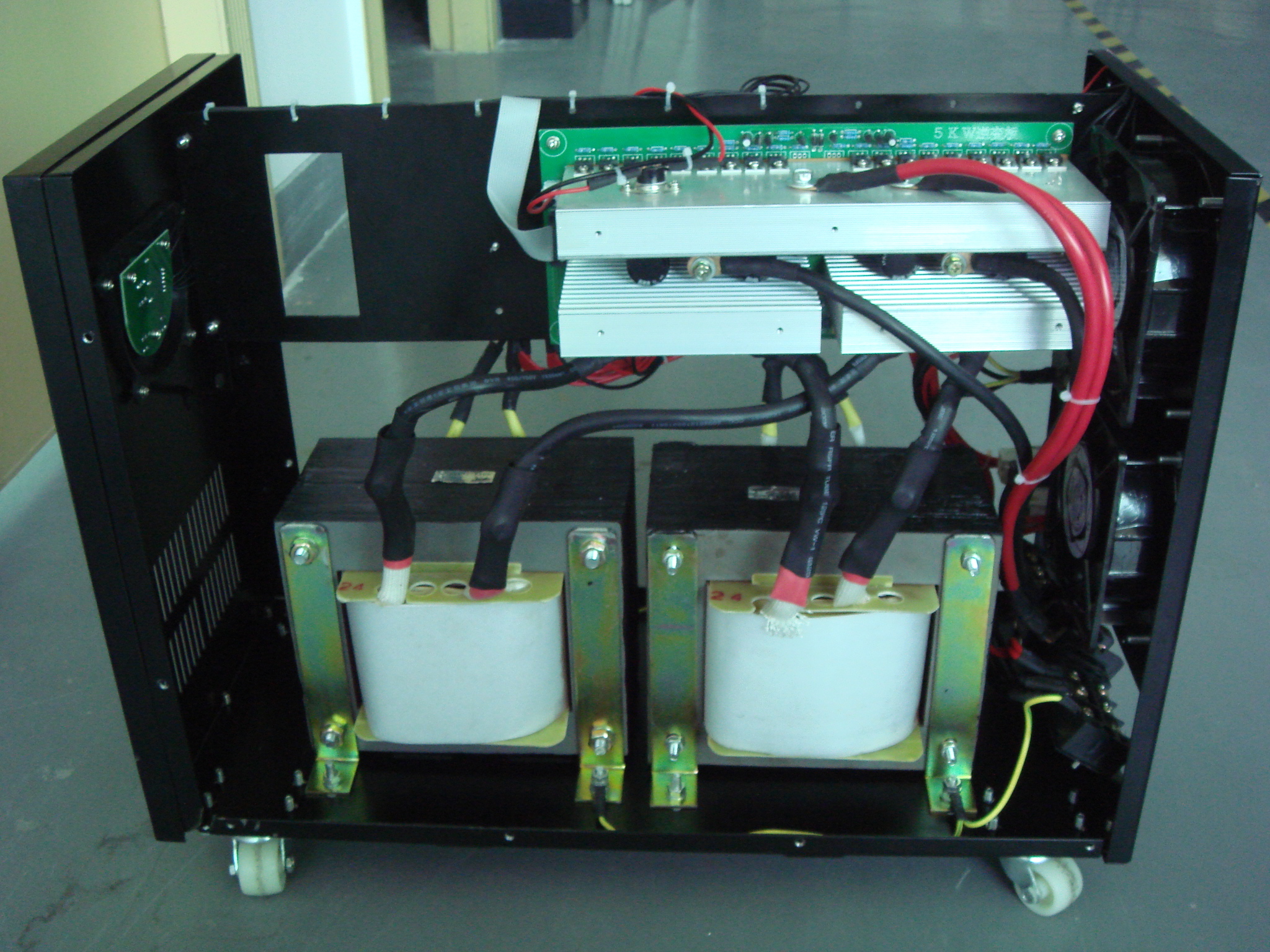
Hybrid inverters are becoming increasingly popular in renewable energy systems, especially those that combine solar power and battery storage. They serve as a versatile solution, allowing users to take advantage of both solar energy generation and energy storage capabilities. This dual functionality raises an important question: Are these hybrid systems prone to failure? To answer this, it's essential to understand their design and functioning.
One of the main advantages of hybrid inverters is their ability to optimize energy use. They can automatically switch between solar energy and grid power, ensuring that users have continuous access to electricity while minimizing their reliance on the grid. This efficiency, however, comes from sophisticated technology that may, at times, lead to complications. Understanding these strengths helps assess the potential weaknesses that could lead to failures.
Like any technological device, hybrid inverters can encounter issues. Common problems include overheating, software bugs, and hardware malfunctions. Overheating often occurs when inverters operate at or above their rated capacity for extended periods. Software bugs can disrupt the control systems, leading to inefficient energy management. Proper installation and regular maintenance can mitigate many of these risks, emphasizing the importance of professional expertise in the setup process.
The quality of components used in hybrid inverters significantly influences their reliability. Premium brands employ better manufacturing practices and materials, which can enhance performance and longevity. Conversely, lower-quality units can fail sooner due to inferior parts. Consumers should prioritize reputable manufacturers to reduce the risk of premature failure and enjoy long-term benefits from their investment in renewable energy technology.
Regular maintenance and monitoring are crucial to the longevity of hybrid inverters. Many modern systems offer smartphone applications that allow users to monitor their inverter's performance in real-time. By keeping an eye on system performance and addressing any anomalies immediately, users can prevent minor issues from developing into major failures. Regularly scheduled servicing by qualified technicians is also a wise investment to ensure the system operates at peak performance.
In conclusion, while hybrid inverters can experience failures, many factors contribute to their overall reliability. By understanding their functionality, choosing quality brands, and committing to regular maintenance, users can significantly reduce their risk of encountering problems. As renewable energy technologies continue to advance, hybrid inverters stand as a robust option for harnessing power efficiently and effectively, provided users take the necessary steps to ensure their reliance on these systems remains sound.
Next:Types of Electric Vessels Exploring the Future of Maritime Transportation
Previous:Understanding Frequency Mixing vs. Frequency Conversion in Inverters